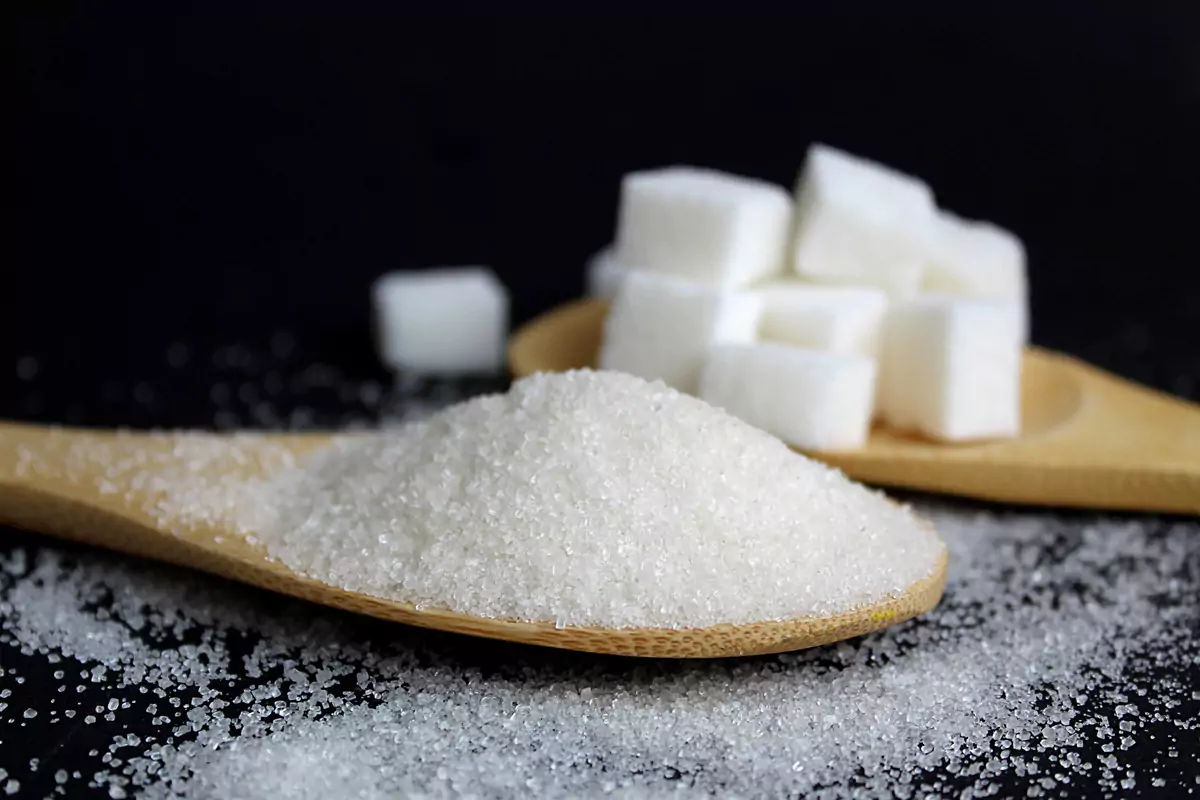
UP TO 40% OFF SITEWIDE





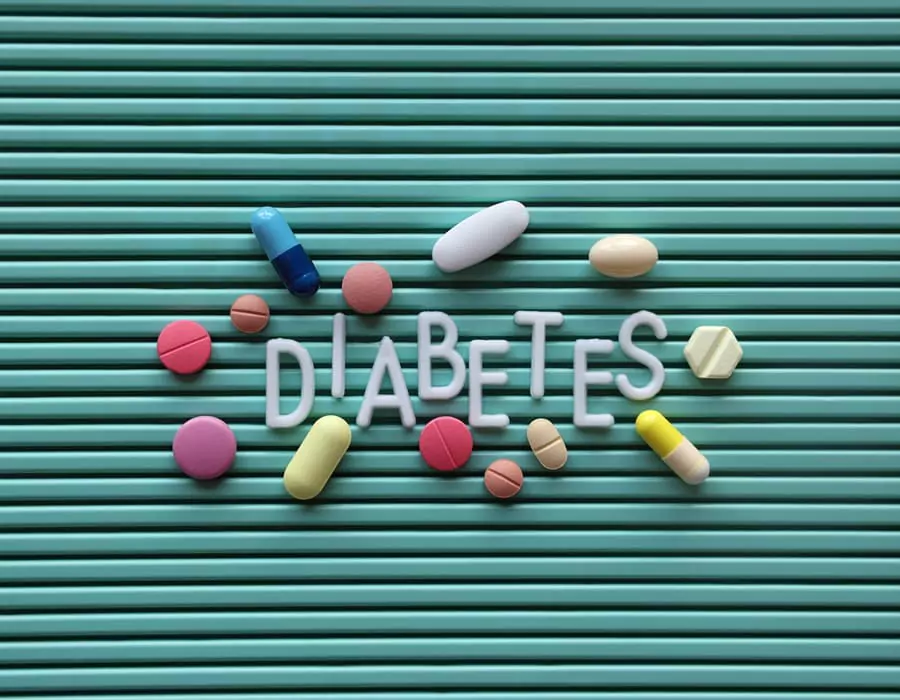
Diabetic Supplements That Actually Work!


Table of Contents
- What Diabetic Supplements Do Actually Work?
- Bitter Melon- Main Diabetic Supplement in Advanced Glucose Support
- Fenugreek, A Mediterranean and Indian Delicacy.
- Amla, A Unique Diabetic Supplement
- How To Prevent Pancreatitis If You Have Diabetes?
- Gymnema, King of Diabetic Herbs
- Turmeric/Curcumin- A Great Diabetic Supplement
- Jambolan or Jamun, A Popular Folk Remedy For Diabetes
- Berberine As A Diabetic Supplement. How Effective Is It?
- Can Cinnamon Help Lower Blood Sugar?
- How Does Cinnamon Work For Diabetes Control?
- Can Cinnamon Lower 1c Levels?
- Can Ceylon Cinnamon Reduce Diabetes Complications?
- How To Lower Risk of Dementia With Cinnamon?
- 6 Vitamins Every Diabetic Should Take As A Diabetic Supplement!
- Can I Take Diabetic Supplements If I Am Already on Diabetic Medications Such As Metformin or Insulin?
What Diabetic Supplements Do Actually Work?
Today I am talking about diabetic supplements that actually work! It is not just diabetic supplements, but also herbs. I know you guys have heard "some stuff" from "people", but you are probably all lost. Every company claims that their diabetic supplement work but in reality, most don't.
How do you differentiate between who is right and who is wrong?
You may have been a victim of a Facebook or Google ad that claimed that this supplement was going to cure your diabetes or make your blood sugar totally normal. Today I will tell you exactly what may happen when you take the herbs, which will have a variable effect on every individual, just like any other medicine.
Remember that herbs can be very effective on some people, but not on others. So choose the right diabetic supplement with the right ingredients and high quality. Today I will talk about bitter melon, fenugreek, amla, gymnema, turmeric, and jambolana. I actually chose these herbs for our newest diabetic support formula. We finally came up with a strong formula with minimal side effects that will help your blood sugar holistically and naturally.
I realized that it's not just the type of herb that matters, but also where you get it and how you process it.
Just like a soup, for example, no matter where you go, that one restaurant or that one person, which is typically your mother, does it just right, but nobody else can match it. That is called proprietary. We finally found the secret sauce to making the best diabetic supplement and today I am proud to talk about the ingredients in it.
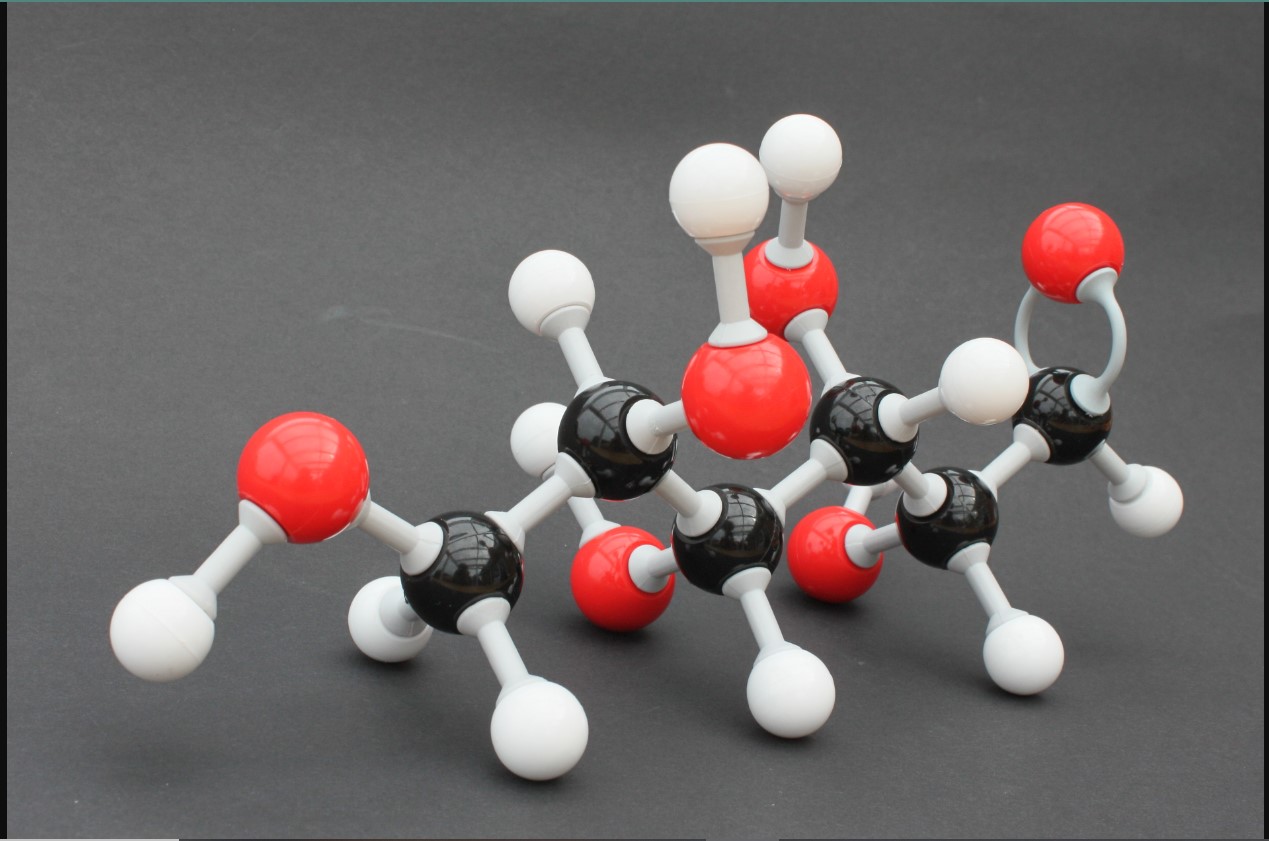
SugarMD advanced glucose support Bitter melon or bitter gourd
Bitter Melon- Main Diabetic Supplement in Advanced Glucose Support
Bitter melon contains several chemicals that appear to act like insulin and aid in blood sugar regulation. According to many studies, it does this by increasing the amount of glucose that enters the cells and then assisting your body in processing and storing it in the liver, muscles, and fat by storing glucose in the form of glycogen.
Bitter melon also prevents your body from converting protein and fat into glucose and releasing it into the bloodstream. So you might be thinking that it's like being on insulin but not taking it. Yep, bitter gourd has a compound that functions just like insulin. In fact, it reduces the blood glucose levels in both type I and type II diabetes.
If you are on insulin most of the time, you will have to lower the dose of insulin when you take bitter melon. Again, I do not recommend buying and using bitter melon alone from sources you do not know and without knowing what you are doing.
We put just the right amount of it in our supplement, but you will still need to carefully monitor your blood sugar once you start, and if your blood sugar is below 100 mg/dl or 5.5 mmol/L in the morning, lower your insulin by at least 10 percent. Some of my patients stopped taking insulin by gradually lowering their insulin.
If you are unsure what to do with your insulin, ask your doctor how much to lower your insulin because your blood sugar is lower now. What other benefits? Bitter melon is also high in antioxidants and vitamins A and C, both of which are beneficial to the skin. It fights acne and skin blemishes while also slowing down the aging process. It can be used to treat a variety of skin infections, including ringworm, psoriasis, and itching.
Fenugreek, A Mediterranean and Indian Delicacy.
Fenugreek seeds are used in many Indian kitchens. It has been used a lot as an herbal supplement to treat diabetes. Multiple reasons have been suggested for its effectiveness in people with diabetes. Soluble fibers in fenugreek, like glucomannan fiber, slow the absorption of sugars in the intestine. Alkaloids like fenugrecin and trigonelline have been shown to have antidiabetic activity, and amino acids like 4-hydroxyisoleucine (4-OH Ile) help the pancreas release insulin.
Amla, A Unique Diabetic Supplement
Amla also has chromium, which may make your body more sensitive to insulin, which helps keep your blood sugar levels in a healthy range. Amla also contains a high concentration of antioxidants, which are extremely beneficial to our bodies by quenching free radicals in the blood. Free radicals are unstable molecules that can harm cells.
When atoms or molecules in our bodies gain or lose electrons, free radicals form. Their formation is normal, but if not stopped, they can harm our organs and their ability to perform various functions. Only antioxidants can safely interact with free radicals by donating the missing electron, but doing so causes them to become free radicals themselves.
Because our bodies cannot produce antioxidants on their own, it is critical that we consume plenty of antioxidants through our diet. As a result, amla is a must-have fruit for diabetics to ensure that their blood sugar levels are under control and that they can live a better life!
How To Prevent Pancreatitis If You Have Diabetes?
In addition to that, there is a bonus benefit of amla here for you: Scientists at the University of Maryland Medical Center say that amla can also be used as a traditional remedy to avoid pancreatitis. Why is pancreatitis an issue? It is fairly common among diabetics and your risk is even slightly higher if you are on medications such as Ozempic, Trulicity, Januvia, etc. So, Amla can help prevent this potentially devastating complication.
Gymnema, King of Diabetic Herbs
It has been used as a supplement in conjunction with other diabetes treatments to help lower blood sugar levels. It's also known as "gurmar," which means "sugar destroyer" in Hindi. Gymnema may aid in the suppression of sugar cravings and the reduction of high blood sugar levels.
The herb may also aid in the treatment of diabetes by stimulating insulin secretion and the regeneration of pancreatic islet cells, which are the cells that make insulin when needed.
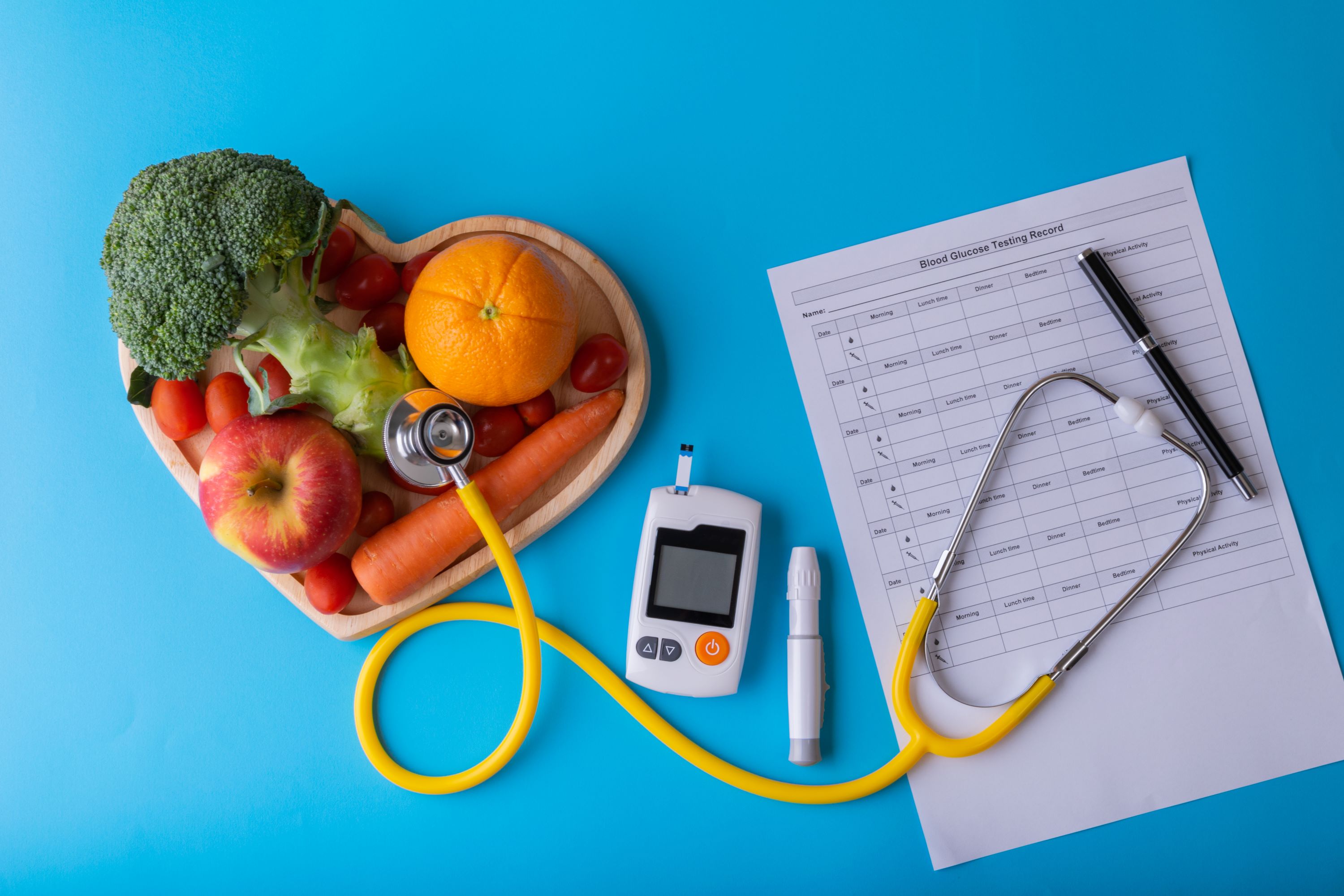
Best Diabetic Supplement In The Market
Turmeric/Curcumin- A Great Diabetic Supplement
Curcumin has been shown in a number of animal and human studies to have a favorable effect on high blood sugar levels by enhancing insulin sensitivity.
People with prediabetes who took curcumin as a diabetic supplement for nine months had a lower risk of developing type 2 diabetes than those who took a placebo. According to the study's authors, curcumin appeared to boost the activity of the beta cells in the pancreas that produce insulin.
Jambolan or Jamun, A Popular Folk Remedy For Diabetes
It is used orally to treat gas (flatulence), stomach swelling (inflammation) (gastritis), constipation, diarrhea, and other gastrointestinal conditions. So, if you are already struggling with these problems, using jambolan, which is present in the new formula of sugarmd glucose support, may help you in both ways.
Don’t take my word for it, but some people even use jambolan as an aphrodisiac to stimulate sexual desire. I am not sure if that is a strong aphrodisiac, but if I was diabetic, I would not have had any problem with it. Jambolan as a diabetic supplement aids in the slowing of the starch-to-sugar conversion process.
As a result, the chances of a sudden spike in blood sugar levels when the starch in your food is metabolized are reduced. People with type 2 diabetes have low insulin levels, right? Jambolan seeds increase insulin availability by either increasing secretion or preventing it from degrading quickly.
Berberine As A Diabetic Supplement. How Effective Is It?
Berberine is a bioactive plant derivative that belongs to the alkaloid family of chemicals, which is a class of substances that includes caffeine and ginseng. Dihydroberberine is one of the 17 active metabolites of berberine, and it is created in the body by gut microorganisms as a result of a reduction process that occurs after berberine has been consumed.
DHB is transformed back to its original form once it has been absorbed by the intestinal wall. Thus, supplementing with dihydroberberine could bypass this rate-limiting stage in microbial reduction and alleviate the possible gastrointestinal irritation that some people experience when taking berberine supplements.
It is most likely that this GI distress is caused by inadequate absorption and/or the microbial reduction process. Dihydroberberine's structure (which contains many hydrogen bonds) also provides for greater bioavailability and absorption as well as easier binding at the cellular level than berberine's structure.
Comparing the intestinal absorption of dihydroberberine to the intestinal absorption of berberine, you would need to consume 5 times the amount of berberine to achieve the same results as you would with dihydroberberine! In addition, dihydroberberine has a longer duration of action in the body, lasting eight hours as opposed to only four hours with berberine.
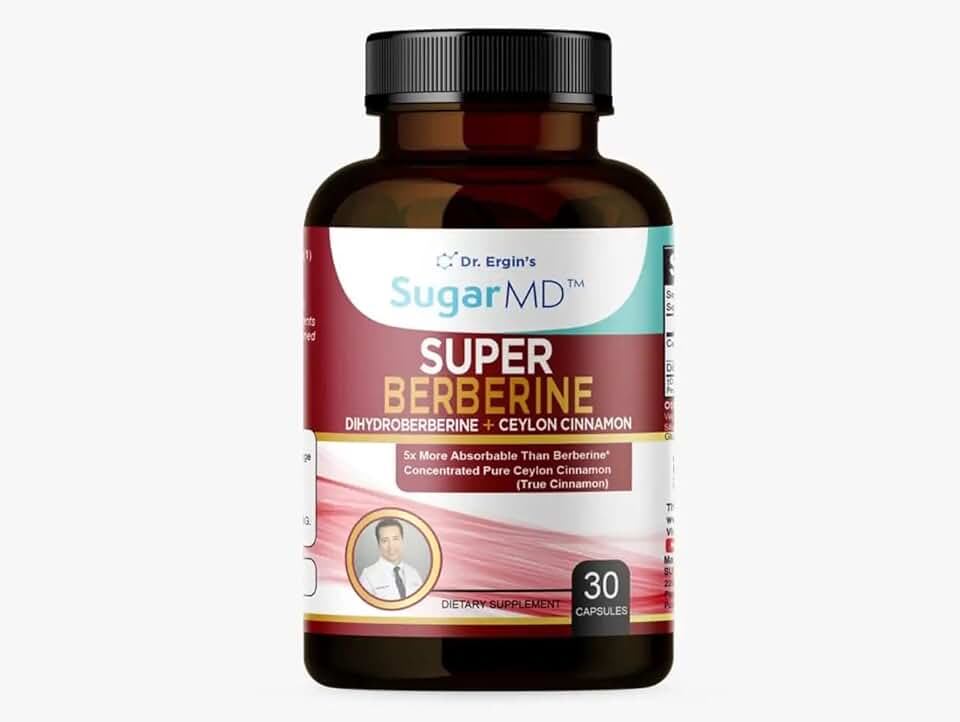
Dihydro-berberine + Ceylon Cinnamon
One of the most significant advantages of berberine is its potential to assist in the regulation of blood glucose levels in the body. It is possible that fat oxidation (also known as fat burning) will decrease when blood glucose and insulin levels are elevated.
As a result of its ability to stimulate AMP-activated protein kinase (AMPK) pathways, berberine can aid in the increase of blood glucose breakdown and utilization, insulin sensitivity, fat oxidation, and fat cell growth while simultaneously inhibiting fat cell growth.
Numerous studies have demonstrated that treatment with berberine has considerable hypoglycemic and blood-glucose-lowering advantages. Berberine and dihydroberberine were tested in a mouse study to see which had the most effect on enhancing insulin sensitivity.
Two treatments of dihydroberberine or berberine were given to mice fed a high-fat diet and treated with berberine. When compared to the berberine group, the dihydroberberine group showed significant reductions in adiposity and lipid accumulation, as well as a 44 percent increase in insulin sensitivity.
Berberine had no effect on obesity or glucose tolerance when administered at the same dose. When berberine was used to evoke the same response as dihydroberberine, it took five times the amount. The increased bioavailability of dihydroberberine is attributed to the fact that it has more bioavailability and better absorption.
Can Cinnamon Help Lower Blood Sugar?
How Does Cinnamon Work For Diabetes Control?
Can Cinnamon Lower 1c Levels?
Can Ceylon Cinnamon Reduce Diabetes Complications?
How To Lower Risk of Dementia With Cinnamon?
6 Vitamins Every Diabetic Should Take As A Diabetic Supplement!
Benfotiamine, alpha-lipoic acid, L-carnitine, vitamin B6, vitamin B12 and Vitamin D are must-take diabetic vitamins every diabetic should add to their supplement regimen.
Benfotiamine
Benfotiamine isn't like other diabetes medications
Benfotiamine is an underappreciated but effective therapy for reducing diabetes complications.
Benfotiamine is a safe and well-tolerated prescription medication in Europe.
- Peripheral nerve damage
- Traditional painkillers don't work
- limb numbness and feeling changes
How does Alpha Lipoic Acid Help Diabetics?
B Vitamins For Diabetics?
Vitamin D
Can I Take Diabetic Supplements If I Am Already on Diabetic Medications Such As Metformin or Insulin?
Yes, you can take diabetic supplements such as SugarMD Advanced Glucose Support or SugarMD Super Berberine as long as you continue to monitor blood sugars. Regardless, whether you are on metformin, glimepiride, or any other diabetic medication such as Ozempic or Lantus you need to carefully monitor your blood sugar and adjust your other meds accordingly if needed under your doctor's guidance.
There is no clinically significant interaction with medications when you take the supplements we talked above.So that is it. I gave you the benefits of all the herbs we have in our diabetic supplements. We pretty much collected the finest and purest ayurvedic herbs. I'd like you to give it a shot and let us know what you think of it and how it affected you in the comments section below. Stay healthy, Dr. Ahmet Ergin
Written By Dr. Ahmet Ergin
466 total articles
Meet Dr. Ahmet Ergin, a highly skilled and dedicated endocrinologist with a passion for diabetes care. Dr. Ergin earned his medical degree with honors from Marmara University in Istanbul. He completed internal medicine residency and endocrinology fellowship at Cleveland Clinic. Dr. Ergin is board-certified in Internal Medicine, Endocrinology, Diabetes, and Metabolism due to his vast medical expertise. He's a certified diabetes educator, author of “The Ultimate Diabetes Book,” and founder of “the SugarMD YouTube channel.” Dr. Ergin offers exceptional diabetes care to his patients in Port Saint Lucie, FL, helping them manage effectively. For a closer look into his insights and experiences, connect with Dr. Ahmet Ergin on LinkedIn, Instagram, and YouTube.”
Disclaimer: These statements have not been evaluated by the Food and Drug Administration. Information on this website isn't intended to treat, cure or prevent any disease. Discuss with your doctor and do not self-treat.
Products







